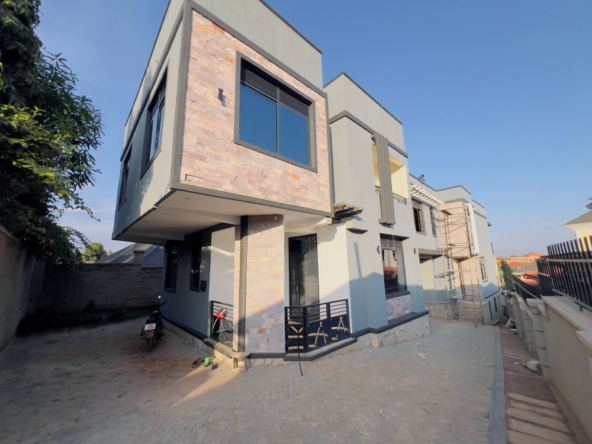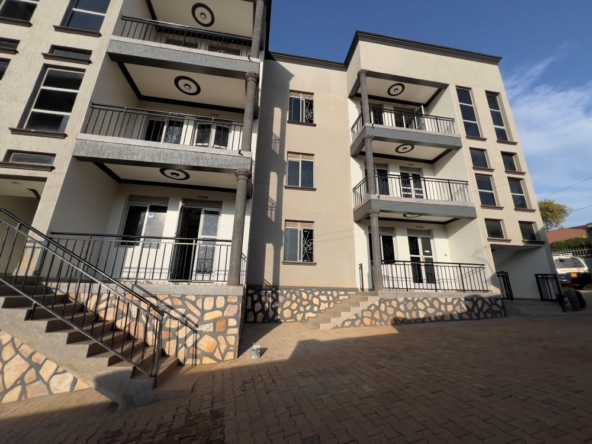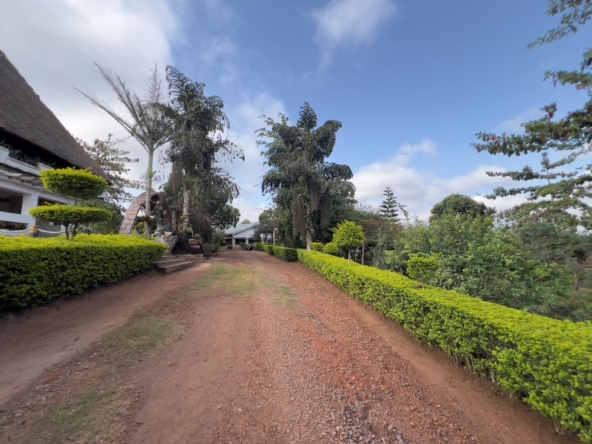Owning a property is a big commitment and it’s a truckload of work. Property ownership can be a smart long term move, but you want to know what you’re getting into. Purchasing property is a major milestone that tops many people’s lifetime to-do lists. But it certainly doesn’t have to be a scary or stressful experience. With time, care, and research, you can take control of the property-buying process.
With that said, I know that if you’re reading this, you’re probably going to buy a property anyway. So here we have put together a property buying guide to wrap up our best advice over the last few years in once place. Enjoy!
How to prepare to buy property.
Determine What You Can Truly Afford
Well, if you are a first step in the property buying process is to determine your budget, just as you’d likely do for any other major financial decision.
Decide Which Features Are Must haves.
It’s the rare lucky person who finds the perfect property within their budget, so before you go property hunting, brainstorm a list of what you absolutely must find in a property and which features are simply nice extras.
Examples of must haves might include the number of size property, proximity to work and other places you frequent, and access to your preferred school districts. You might also have a strong preference on the amount of outdoor space, and whether it’s move-in ready.
Start property hunting using experienced Real Estate Agent.
Browsing online resources like Spectrum Properties for available properties in your neighbourhood is a good place to start, and can help confirm whether your budget and house must haves are reasonable in light of what’s for sale.
This is also a prime time to decide whether you’ll hire a real estate agent, if you haven’t already. While you’re under no obligation to do so, there are several potential benefits to working with one. First of all, an agent can provide access to more home options than you’ll likely find yourself, as well as set up viewing appointments. Since home buying can be an emotional process, an agent can also act as a mediator between you and the seller.
Verify title
The buyer should verify the authenticity of the property, check whether the seller has a right over the property or if the property is not caveat. Take the first step is to check the title deed of the property and approved plans if it is a structure which you are going to buy.
This can be done through obtaining a property search report from the land district offices. From the search report confirm whether the land is in the name of the seller and that he or she has the full right to sell the land. It is always better to get the original deed examined by a reputable lawyer and also to ensure the property is of the right size on ground it is important to engage your own surveyor who will help you establish whether the land you want to buy is exactly located on the site the agency is showing you and valid.
Property Due Diligence
When it comes to buying property? You will want to really understand what your money is going into, you will want to know the area, and you will want to know what the potential is for capital growth. The important thing, however, is to be rigorous, exhaustive. A property is always a big investment. There is a lot of money that goes into a property deal. So obviously, you don’t want to make mistakes that could have been avoided if you had done your research.
The key thing we consider when buying a property are
- Price versus value.
- Understanding the Local Area: Making sure that there is a ready local market. You need to know that the property is commercially viable.
- Calculating Rental Demand
Put in an Offer
So you’ve fallen in love with a property that meets all of your needs and some of your wants—and it’s within your price range. Let’s make an offer!
This where it can get tricky: You don’t want to low ball your offer or insult the seller but you also don’t want to pay more than is necessary. So how do you land on the ideal number?
While there are no hard and fast rules, a few factors can help inform your decision.
- First, look at other properties sales in the area. Is the house you want priced reasonably in comparison? Did other homes sell for less or more than the asking price? If they sold for an amount that’s comparable to your seller’s list price, that’s a good indication you should be offering a number close to asking.
- Next, consider how long the property has been on the market, and how incentive the property owner is to sell. For example, if the seller is living in a transition home while waiting to sell, you may have a better chance of getting the seller to accept a discounted offer. But if he’s casually putting the home on the market to see how much he can net, the seller may be more apt to wait for the perfect price.
- Lastly, what’s the market like in the neighborhood? Is it like in Eastern Kampala, where condos get snatched up with all-cash offers, or are you in a Luzira location, where empty homes are a common site? In the former situation, it may be a good idea to start with a strong offer to beat out an army of other suitors, whereas you may have more leeway in a market like Luzira
Review the purchase agreement
Once seller accepted your offer before you sign on the dotted line, you should make sure to review the contract thoroughly and understand every single clause.
Review all closing costs—the ones you’ve hopefully saved up 3% to pay for, which might include an attorney’s fee, title search and partial property taxes—before you sign the contract.
Sign the Papers
Before the big day, you’re entitled to a walk-through to confirm that nothing has changed since the inspection. After that, make sure you have all the money required for the closing wired into the correct account.











